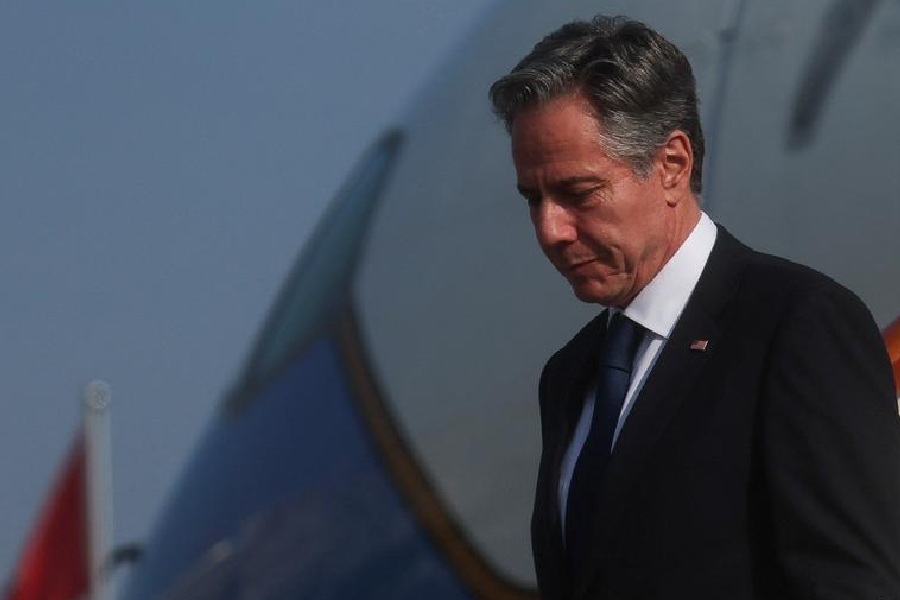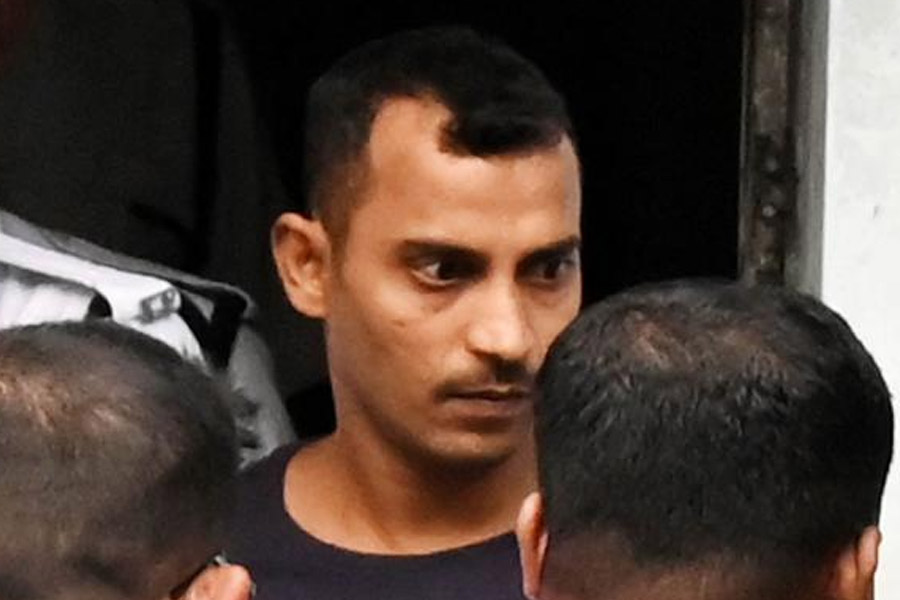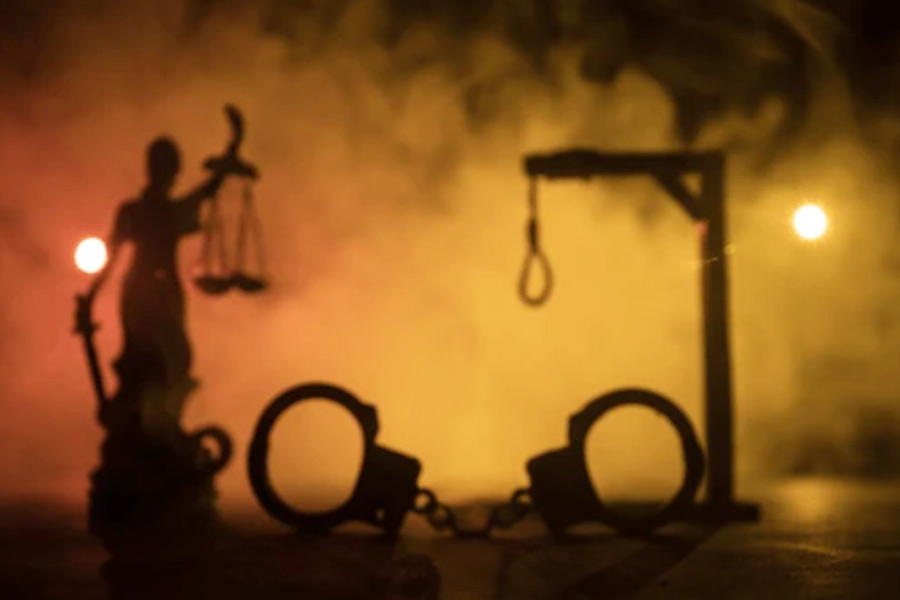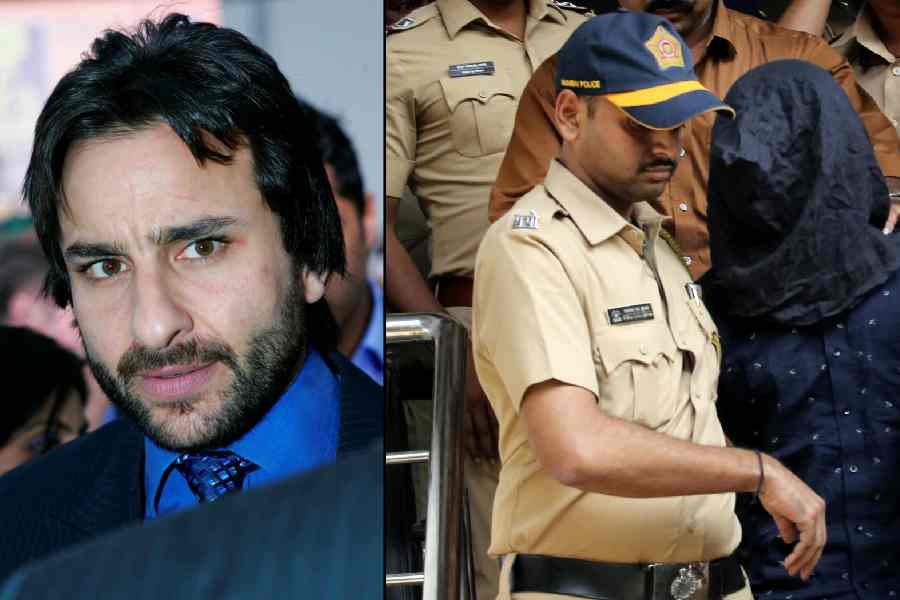U.S. Secretary of State Antony Blinken warned on Monday that the latest push for a Gaza ceasefire and hostage release deal was probably the best and possibly last opportunity, urging Israel and Hamas towards an elusive agreement.
Palestinian Islamist group Hamas has cast doubt on the chances of reaching a deal since talks in Qatar last week paused without a breakthrough, but the negotiations are to resume this week based on a U.S. "bridging proposal".
Blinken met Israeli President Isaac Herzog on Monday before heading into a meeting with Prime Minister Benjamin Netanyahu while in Gaza Israeli forces thrust further into Khan Younis, residents said, in the latest phase of their assault.
"This is a decisive moment, probably the best, maybe the last opportunity to get the hostages home, to get a ceasefire and to put everyone on a better path to enduring peace and security," Blinken told reporters before meeting Herzog.
Months of on-off talks have circled the same issues, with Israel saying the war can only end with the destruction of Hamas as a military and political force, and Hamas saying it will only accept a permanent, and not a temporary, ceasefire.
There are disagreements over Israel's continued military presence inside Gaza, particularly along the border with Egypt, over the free movement of Palestinians inside the territory, and over the identity and number of prisoners to be freed in a swap.
Hamas accused Netanyahu on Sunday of "thwarting the mediators' efforts", and Turkey said after meeting Hamas envoys that Gaza's ruling group had told it that U.S. officials were "painting an overly optimistic picture" of the talks.
Netanyahu told Israel's cabinet on Sunday that "we are conducting negotiations and not a scenario in which we just give and give," his office said.
The war in Gaza began on Oct. 7 last year when Hamas gunmen stormed across the border into Israeli communities, killing around 1,200 people and abducting about 250 hostages according to Israeli tallies.
Israel's military campaign has since levelled swathes of Gaza, driving nearly all of its 2.3 million people from their homes, giving rise to deadly hunger and disease, and killing at least 40,000 people according to Palestinian health authorities.
The main U.N. agency in Gaza, UNRWA, said on Monday that 207 of its staff had been killed since the war began. "They were engineers, teachers, medical staff. They were humanitarian workers," UNRWA said in a statement.
Escalation risk
The conflict has put the entire Middle East region on edge, triggering months of border clashes between Israel and Lebanon's Iran-backed Hezbollah movement, and threatening a wider escalation drawing in major powers.
Blinken warned against any provocations. "It's also time to make sure that no one takes any steps that could derail this process, and so we're working to make sure that there is no escalation, that there are no provocations."
Shortly after Blinken arrived in Israel on Sunday, a bomb exploded near a synagogue in Tel Aviv, killing the person carrying it and injuring a passerby, Israeli police said.
Israel's military said there had been more Hezbollah drone strikes on the country's north near the frontier with Lebanon on Monday. Blinken is to meet Israeli Defence Minister Yoav Gallant after meeting Netanyahu.
In the latest Gaza fighting, Israeli military advances north of Khan Younis on Monday reached the coastal road, effectively cutting access between the city and areas to the north, residents said. They said fierce clashes could be heard.
Israel also stepped up its bombardment of Gaza City suburbs overnight, but there were no initial reports of casualties.










